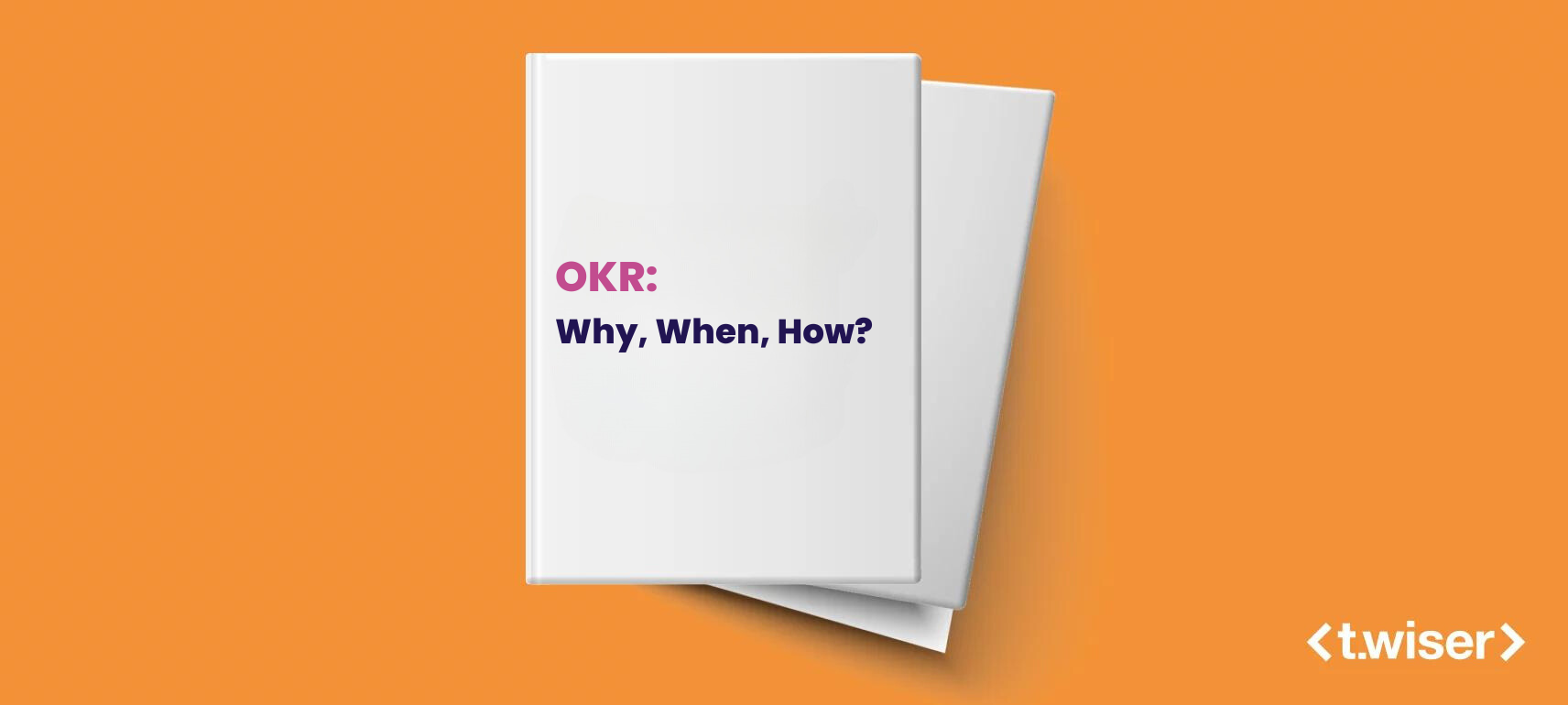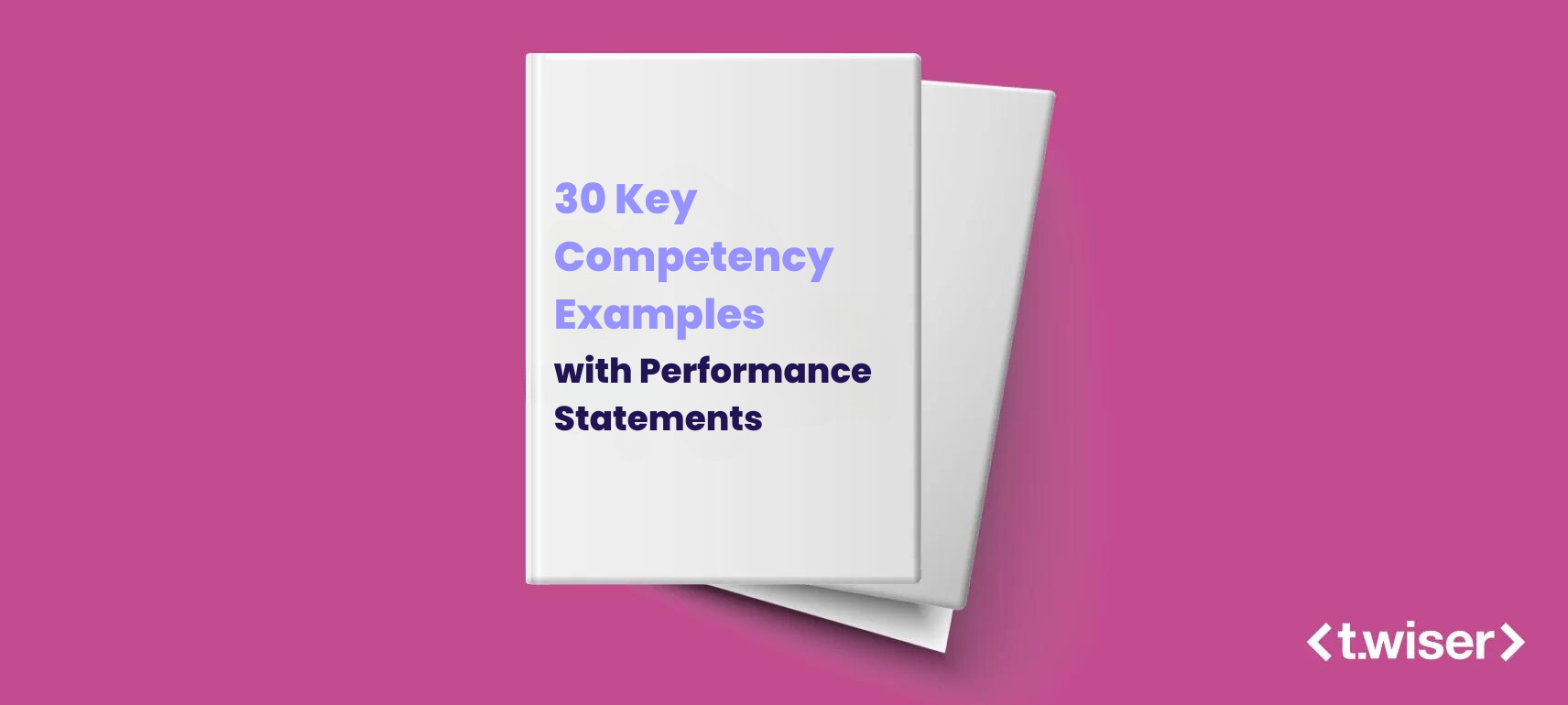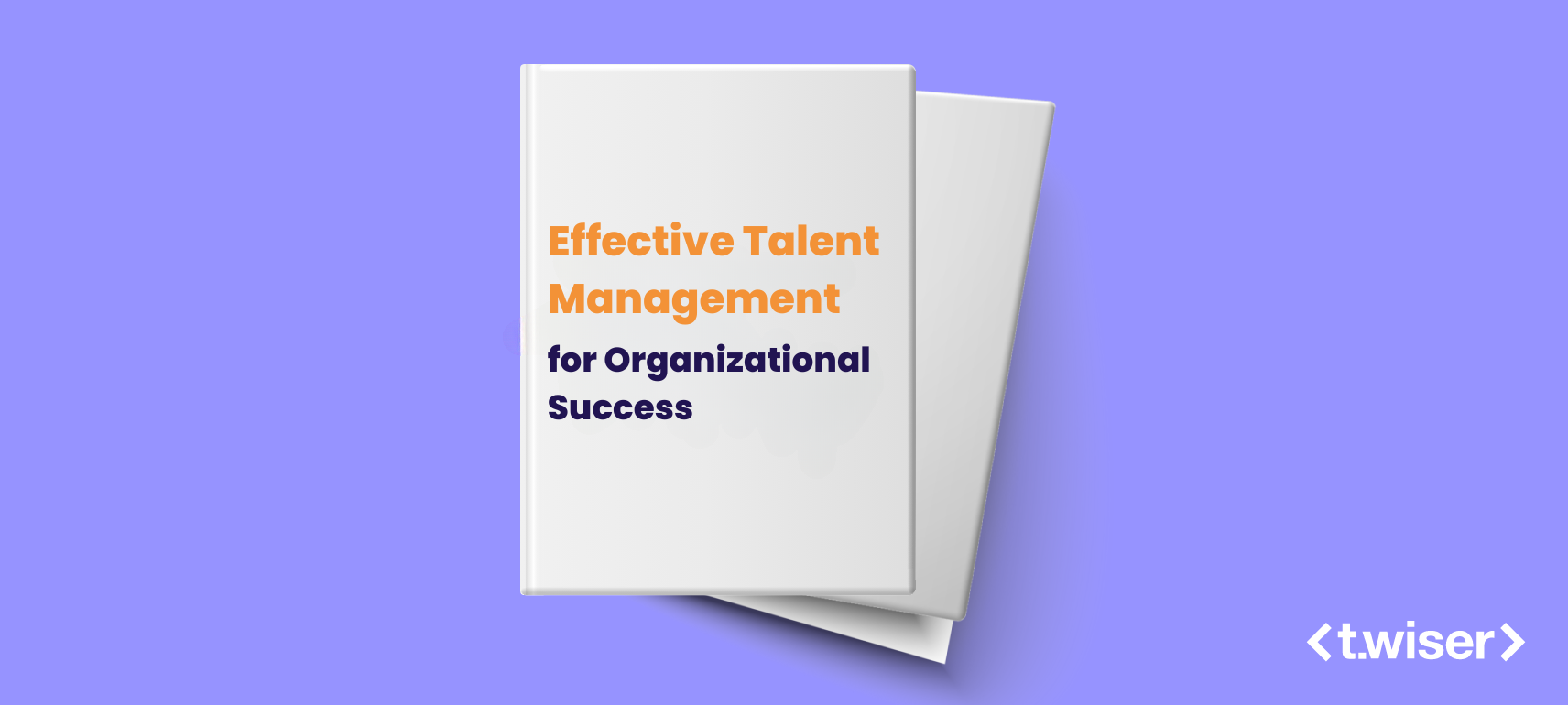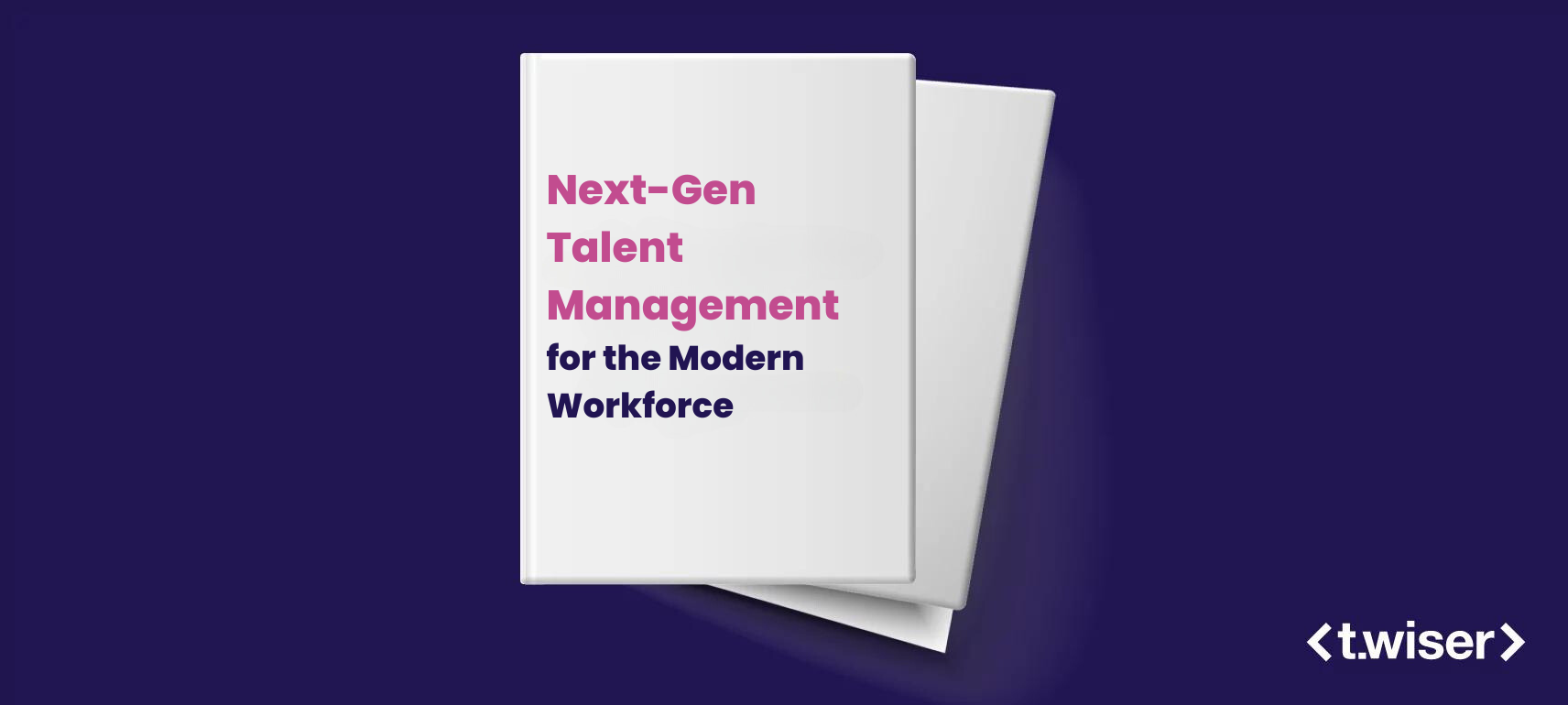Have you noticed how listening to music not only lifts your spirits but also increases productivity? Headphones have become our most common work accessory, and a variety of productivity playlists gained millions of likes on Spotify. There are even some companies which have started to broadcast music over their workplaces.
Scientists have long argued that music affects our performance and concentration, and the results (if you have never heard of them) will blow your mind! Let’s have a quick a look at what science claims on how music enhances productivity and helps us being more successful.
Science behind music
According to 2019 BBC survey, half of Britons admitted they regularly listen to music while working. Moreover, in 2 out of 5 cases, they also confirmed that music helps them to do more.
Another study by the University of Illinois says that music increases the productivity of any kind of work by 6.3%. In addition, according to a study by Laura Ferreri, a cognitive psychologist at the University of Lyon, when a person listens to their favourite music, more dopamine is produced in their body. It is this hormone that is key in achieving success, as it affects memory, motivation, attention, creativity, and mood.
At the same time, another study showed that with the help of music, the concentration of the stress hormone called “cortisol” decreases, which prevents the occurrence of stress and nervous tension. Plus, those people who spend 45 minutes listening to classical music before going to bed, sleep more soundly and wake up more cheerful. According to the same study, playing musical instruments can be also beneficial for being more efficient in a work environment. After playing music, people have new strength to go and continue doing what they are doing. Perhaps that is why playing musical instruments is gaining more and more popular among top managers and entrepreneurs.
“Historically, music and work have always been intertwined,” says Karen Landay, a former professional violinist and graduate student at the University of Alabama. “Think about romantic visions of peasants singing as they harvest, or sea chanteys sung by sailors as they work on their ships. And since most people enjoy listening to the music of some kind in at least some contexts, it’s perfectly natural to feel that music must have some sort of positive impact on our work.”
Music makes repetitive work more enjoyable
Its effectiveness depends on how deep immersion in the work a particular task requires. According to a study in the journal “Applied Ergonomics”, music is especially useful when the task is well-defined and can be implemented without any thinking process. During the experiment, a connection between the success of performing routine tasks and the background music playing at that time was revealed. These results confirm that the use of music in work can bring economic benefits.
A newer study conducted by Dr. Teresa Lesiuk showed that this boost in productivity is not due to the music itself, but to the good mood that comes with listening to your favorite songs. Music without a clear melody was found to have no effect on productivity, although more pleasant upbeat songs turned out to be influential: “Workers were more productive when they listened to more pleasant background music.”
Music helps when working in a noisy environment
While the controversy about the convenience of open offices continues to rage, it’s a fact that noisy workplaces are a huge drag on productivity. While open space encourages communication and collaboration among colleagues, noise makes it difficult for some workers to concentrate. If there is no way to find a secluded place – for example, a separate office – headphones may be the best way out.
Ambient noise is ideal for creative work
For those who like to work to music, the sounds of the surrounding world are most suitable. A study published in the Journal of Consumer Research found that average noise levels promote creative thinking. However, the line is easy to cross: loud noises interfere with concentration. Roaring basses and screeching synth sounds will do more harm than good if you need to get headlong into the task at hand.
Last year’s study in the Journal of the American Acoustic Society proves that ambient noise, such as the sound of the surf, can also aid concentration. Such an unobtrusive sound background, natural or artificial, is best suited.
Lyrics are often too distracting
In non-intellectual or physical work, songs can help a lot. But when solving complex mental problems, words get in the way of concentration. The journal Applied Acoustics published the results of a study according to which “distinct” speech – one that you clearly hear and understand – contributes to distraction. In one survey, 48% of participants cited intelligible speech as the most distracting factor.
Performing speech-related tasks (such as writing lyrics) and listening to songs is like talking to a person while a third party interrupts you … while playing the guitar along the way. Songs with words are most often unacceptable. There may not be such a negative impact if the creative task is not directly related to “verbal architecture”. In a 2005 study, Dr. Lesiuk found that music with words even helped software developers to cope with their duties.
Familiar music helps you focus better
Listening to familiar songs can help you concentrate on your work. Unheard music is unpredictable, because of this you listen carefully to what will happen next. With already familiar compositions, this does not happen, so you do not have to waste so much attention. While there are benefits to “journeying” into the wonderful world of new music, it’s best to stick to familiar tunes to boost your productivity.
Why does classical music work?
A classic with no words at all is a fairly popular choice. In 2009, the American Society of Radiologists conducted a study that proved the tangible impact of baroque music on productivity. However, not all classical music works the same way – Bach’s Toccata and Fugue in D minor, with their abrupt transitions, will not work as well as, for example, Beethoven’s smoother Für Elise.
The best-known example is the “Mozart effect” – the idea that listening to this piano sonata can make you one too. The phrase gained its popularity after a 1993 paper article claimed that people perform better on certain tasks after listening to Mozart for 10 minutes. It was found that Mozart’s sonata increased “alpha band” brain waves – which have been linked to memory, cognition and problem solving.
Music for intellectual work: what suits you best?
Perhaps this question should be answered: “The kind of music that you like.” But everyone has different preferences, and choosing a particular genre to work with is a great strategy too. If you’re one of those people who find it hard to focus because productivity just doesn’t come easy, we have picked 7 playlists on Spotify that could help boost your productivity. All so you can focus better at work!
Deep Focus:
https://open.spotify.com/playlist/37i9dQZF1DWZeKCadgRdKQ?si=p4VVh59FRj6UU1CHF6Btrw&nd=1
Work From Home:
https://open.spotify.com/playlist/37i9dQZF1DWTLSN7iG21yC?si=oLzJUmqaSKu6KviOU7StRg&nd=1
Workday Lounge:
https://open.spotify.com/playlist/37i9dQZF1DWT5lkChsPmpy?si=IDTl8GkUSmarpr5BB9kEig&nd=1
Focus Music – Work | Studying | Concentration
https://open.spotify.com/playlist/7xmpNYZ15D6b43BHzYQCLt?si=C_TnfYKTSi-wkgUqV3deBw&nd=1
Peaceful Piano:
https://open.spotify.com/playlist/37i9dQZF1DX4sWSpwq3LiO?si=VYw5SYWYRNKdwnmWMlTIPg&nd=1
Indie Folk For Focus
https://open.spotify.com/playlist/37i9dQZF1DWU6Vfrf87eTG?si=xv7qD4qNSamP5VyYKL0lPA&nd=1
Chill Vibes
https://open.spotify.com/playlist/37i9dQZF1DX889U0CL85jj?si=al51QSJJSQKtXKrvpyPhuw&nd=1



















